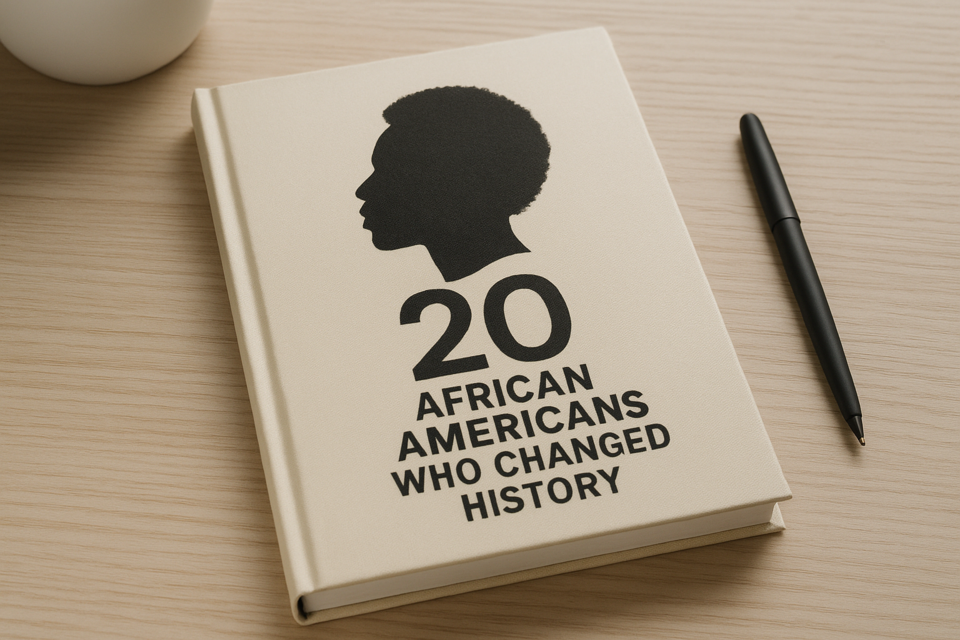Twenty African Americans Who Changed History
Celebrate Resilience: Explore the Legacy of 20 Trailblazers Who Shaped History
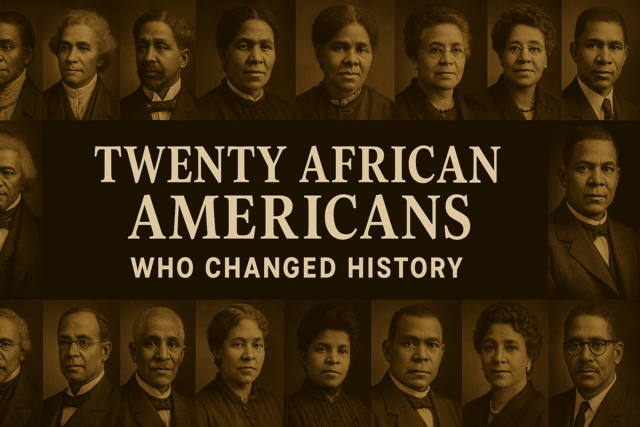
3 Hours average completion time
0.3 CEUs
15 Lessons
16 Exams & Assignments
16 Reference Files
109 Articles
Mobile Friendly
Last Updated December 2025
Embark on a transformative journey through our course that elucidates the lives, challenges, and indomitable spirits of these African Americans. Traverse the timeline from Francisco Menendez, stripped even of his own identity, to the pivotal contributions of James Amistead that swayed the colonial rule's outcome. Feel the poignant narratives of Harriet Jacobs and William Wells Brown, immersing you in the raw realities of slavery, and marvel at the transcendent journeys of luminary figures like Booker T. Washington and W.E.B. Du Bois, who soared beyond the chains of servitude to sculpt bastions of higher education.
The Civil Rights Movement, often misinterpreted as a modern wave, had its seeds sown by visionaries like Lucy Craft Laney and Mary McLeod Bethune. These stalwarts discerned education as the potent elixir for the oppressed to rewrite their destinies. Through the discerning eyes of icons like Thurgood Marshall and Daisy Lee Gatson, witness the fervent battles that dismantled the edifices of school segregation, and honor the sacrifices of warriors like Medgar Evers, whose life epitomized the quest for justice.
Course Modules:
- In a Harsh Land: The Genesis of African Legacy
- Francisco Menendez and James Armistead: Valor Amidst Oppression
- Benjamin Banneker: Echoing Truths Amidst Silence
- From the Quills of Harriet Jacobs & William Wells Brown: Tales of Slavery
- Frederick Douglass: Colorless Truths
- George Washington Carver: Botanical Revolution for Economic Elevation
- Lugenia Burns Hope & Ida B. Wells: Early Whispers of Civil Rights
- Booker T. Washington & W.E.B. Du Bois: Philosophical Divergence in a United Cause
- Lucy Craft Laney & Mary McLeod Bethune: Building The Citadel of Education
- Thurgood Marshall & Daisy Lee Gatson: Forging an Integrated Future ... and many more!
This course isn't merely a historical voyage; it's an homage to the undying spirit, sacrifices, and lasting legacies of remarkable African Americans. These trailblazers redefined destinies, not just for themselves but for generations to come. Dive into their stories and be inspired.
- Social justice advocacy
- Civil rights knowledge
- Narrative construction
- Critical thinking
- Cultural awareness
- Reflective learning
- Understanding systemic oppression
- Empathy development
- Resilience building
- Leadership lessons
- Historical analysis skills
-

World Religions
-

Historical Fiction Writing
-
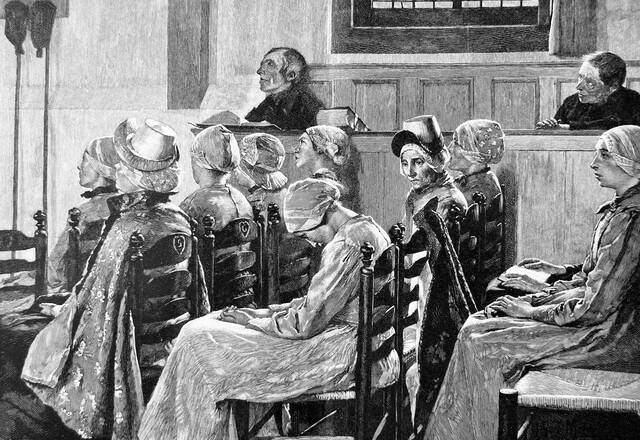
Salem Witch Trials
-

Ancient Civilizations 101
-

World War l and ll
-
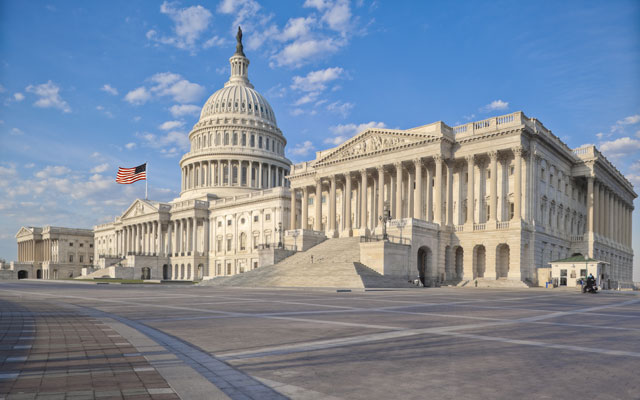
American Government
-
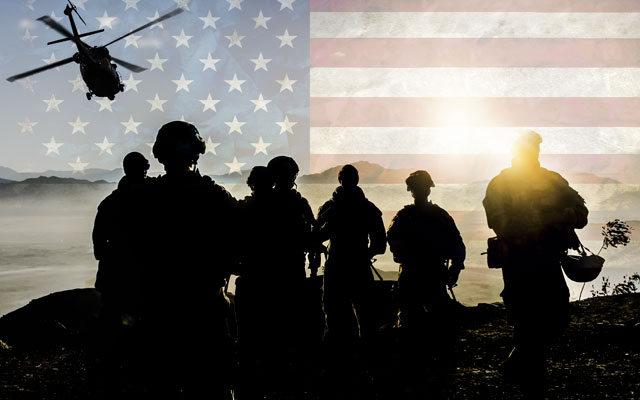
American Heroes and Villains
-

US Citizenship Test Preparation
-

Twenty Women Who Changed American History
-

Bible Stories: Explore Life Lessons and Adventures
-
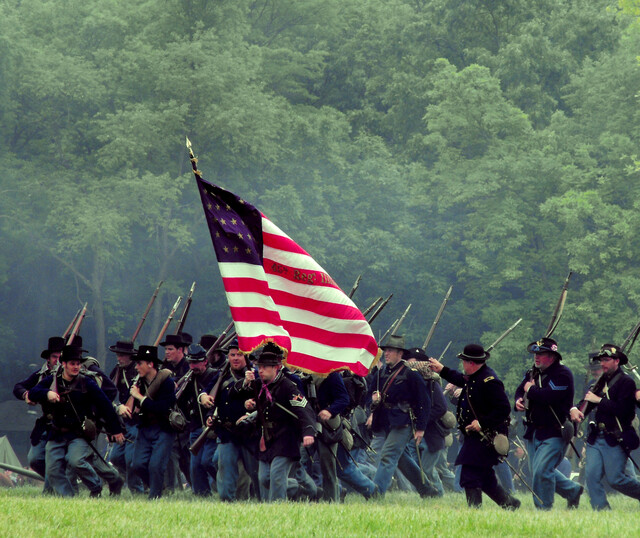
American Wars: American Revolution and Civil War
